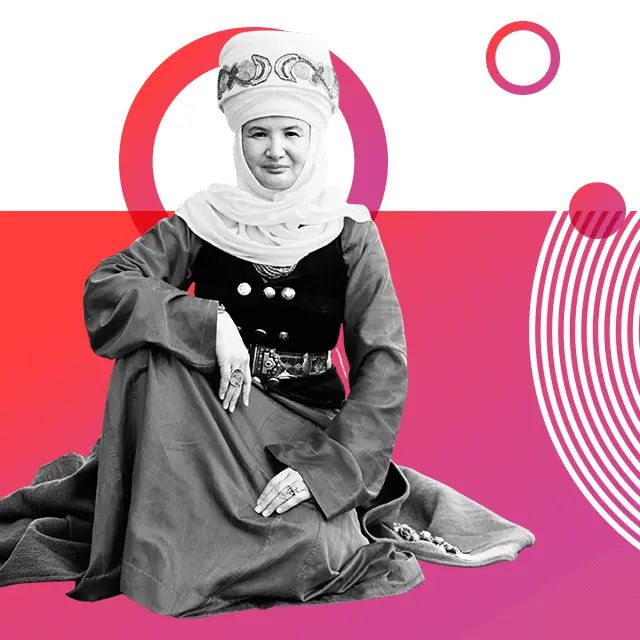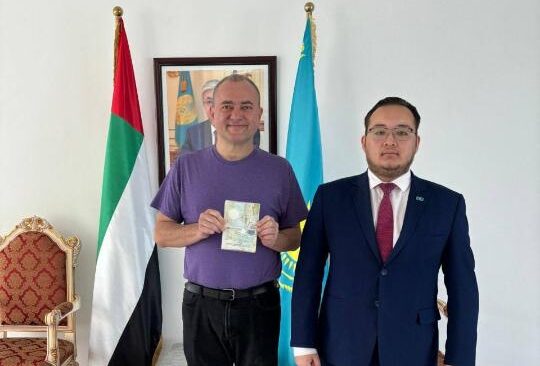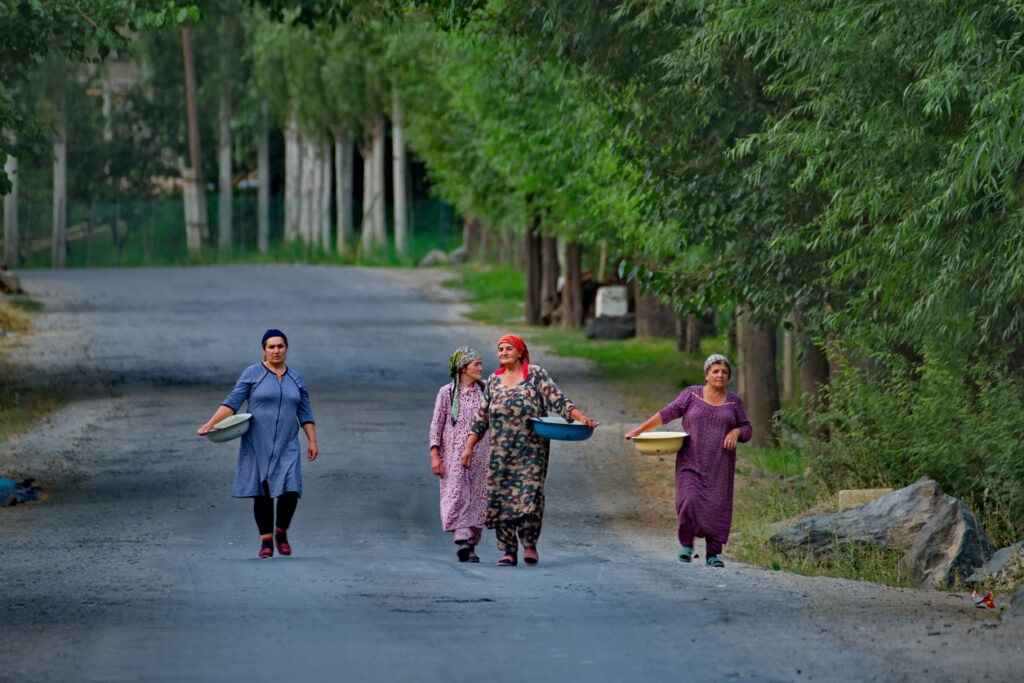Kyrgyzstan to Enshrine Concept of “Women’s Entrepreneurship” in Law
Kyrgyzstan's Jogorku Kenesh (parliament) has approved, in its third reading, a bill to introduce the term “women’s entrepreneurship” into the country’s Law on the Protection of Entrepreneurs’ Rights. The amendments, proposed by deputies Kamila Talieva, Eldar Abakirov, Daniyar Tolonov, Taalaibek Masabirov, Elvira Surabaldieva, and Nilufar Alimzhanova, aim to recognize women entrepreneurs as a distinct category within small and medium-sized businesses (SMEs). The initiative is expected to drive the growth of small and microbusinesses in Kyrgyzstan, following the example of international practices. Employment Disparities According to the explanatory note accompanying the bill, the employment rate for working-aged women in 2020 was 43%, compared to 70.9% for men. In urban areas, women’s employment stood at 46.8%, while in rural areas, it dropped to 40.6%. Additionally, women comprise 69% of the economically inactive population, with 97% of them engaged in household work. A Path to Economic Empowerment The bill’s authors emphasize that legislative recognition of women’s entrepreneurship will expand access to state support for women-led businesses. This could enhance women’s participation in the business sector, improve their economic standing, and contribute to the overall wellbeing of families and society. The proposed measures aim to address gender barriers, encourage women’s economic activity, and create favorable conditions for their full participation in the development of SMEs. Lawmakers believe such changes will not only bolster economic stability but also strengthen social cohesion. A Rare Legislative Step Kyrgyzstan’s effort to enshrine women’s entrepreneurship in law is rather rare in the global context. While other countries have some framework to support entrepreneurship among women, provisions are often more vague. For example: – In Uzbekistan, the Law On Guarantees of Freedom of Entrepreneurial Activity provides broad protections but does not specifically address women’s entrepreneurship. – In Russia there is no legal definition of women’s entrepreneurship, though various programs support women in business. – In the United States the Women’s Business Ownership Act of 1988 offers significant support to women entrepreneurs but does not explicitly define the term. By taking this legislative step, Kyrgyzstan positions itself as a leader in fostering gender-inclusive economic policies, potentially serving as a model for other nations.






